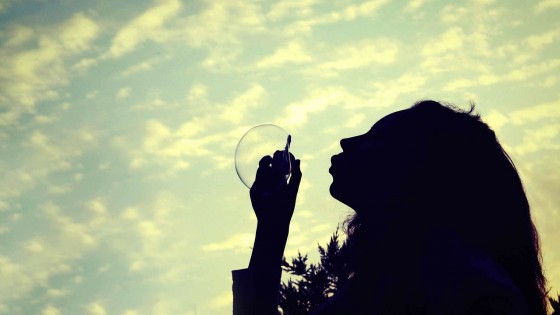We all have our bad habits, the ones that we revert to when we’re stressed out or feeling disengaged. And when we’re working long hours on tight deadlines, we tend to unconsciously revert to these negative patterns. Breaking them can be incredibly hard, but what if you could, instead, make those same bad habits actually work for your own creative good?
Read on for our top tips on how to turn around four of the most common creative pinch points and use them in your favor. After all, if you can’t beat them, join them.
Procrastination
Let’s just get this out of the way: We’re humans and we procrastinate. But with a little flexibility, we can view our procrastination as a matter of discipline and not necessarily a personality trait. With that said, there are deadlines to manage and meet, and the hardest part of any deadline is the starting — the jumble of emotions and thoughts of excitement and anticipation that often serve as an initial obstacle. But, putting together a list and prioritizing tasks is a good place to start. In fact, with a little foresight, according to John Perry, professor emeritus at Stanford University, procrastination can be your friend. Perry, who wrote “The Art of Procrastination: A Guide to Effective Dawdling, Lollygagging and Postponing,” touts the benefits of “structured” procrastination or postponing tasks strategically to focus on more important jobs. “Procrastination means not doing what you’re supposed to be doing. Structured procrastination means you don’t waste your time,” Perry explained in Business Insider. So, next time you’re putting off an unpleasant task, embrace that opportunity to do something else that needs to be done instead. It’s amazing how much you can get done as long as you’re conscious of how your energies have shifted.
Restlessness
Sometimes restlessness — a symptom of procrastination or boredom — especially during meetings, can be highly distracting for those around us and give us a general sense of discomfort. But, next time your legs are jerking or your fingers are doing a little too much tapping, why not take your body’s cue and go for a walk? Getting outside and walking around can lift your mood and help change your creative mindset.
Daydreaming
As we’ve said before, “The unconscious process and its strengths don’t always fit into standardized work schedules, and… sometimes, people are judged as unproductive or lazy when they don’t seem to be hitting a mark; when they aren’t relentlessly ‘producing’ heaps of”things.’” While zoning out can be seen as a waste of time, it’s when our minds are at ease that we’re the most creative. Studies have shown that the most productive creatives stay inspired by allowing their minds time to roam. So, instead of fighting your daydreaming impulses, why not schedule some time to engage in them?
Being Messy
Working at a desk piled high with empty food cartons and half-full coffee mugs isn’t conducive to productivity, but, according to research published in the journal Psychological Science by Dr. Kathleen Vohs and colleagues at the Carlson School of Management, University of Minnesota, being messy can boost creativity. The team ran a number of experiments with participants in messy and clean rooms and found that subjects in the messy room tended to come up with more creative solutions for challenges, being five times more likely to produce “highly creative” ideas. It seems that messiness and creativity are strongly correlated, and that a little disorder can let inspiration flow. So, feel free to add your new collection Star Wars figurines to the desktop, but maybe it’s time to wash those mugs.

Comments ( 0 )